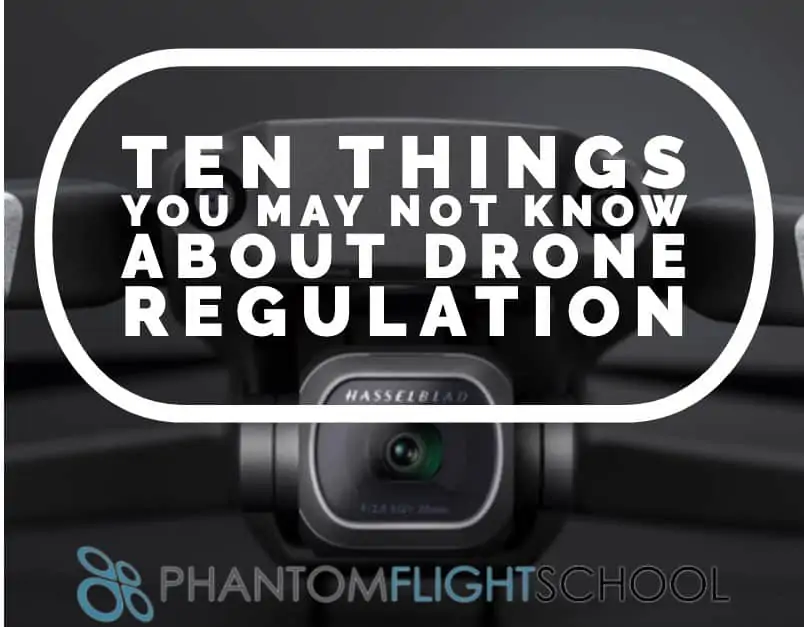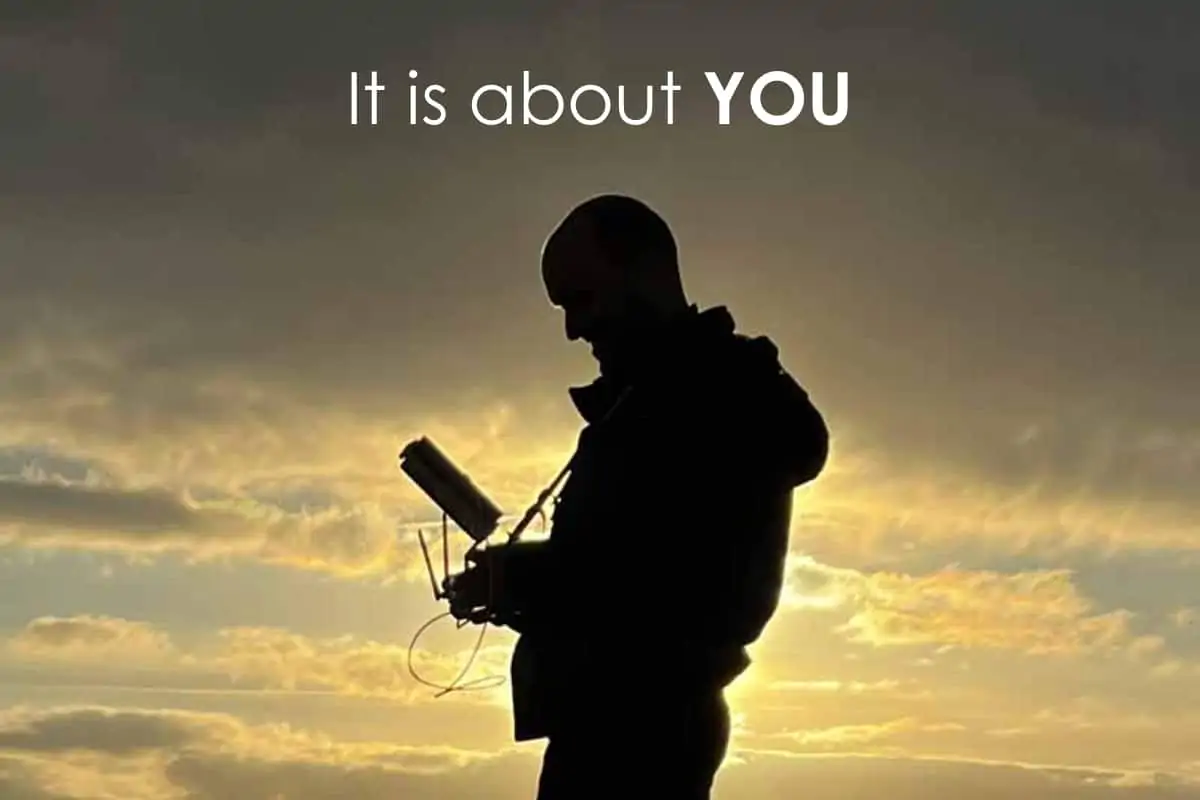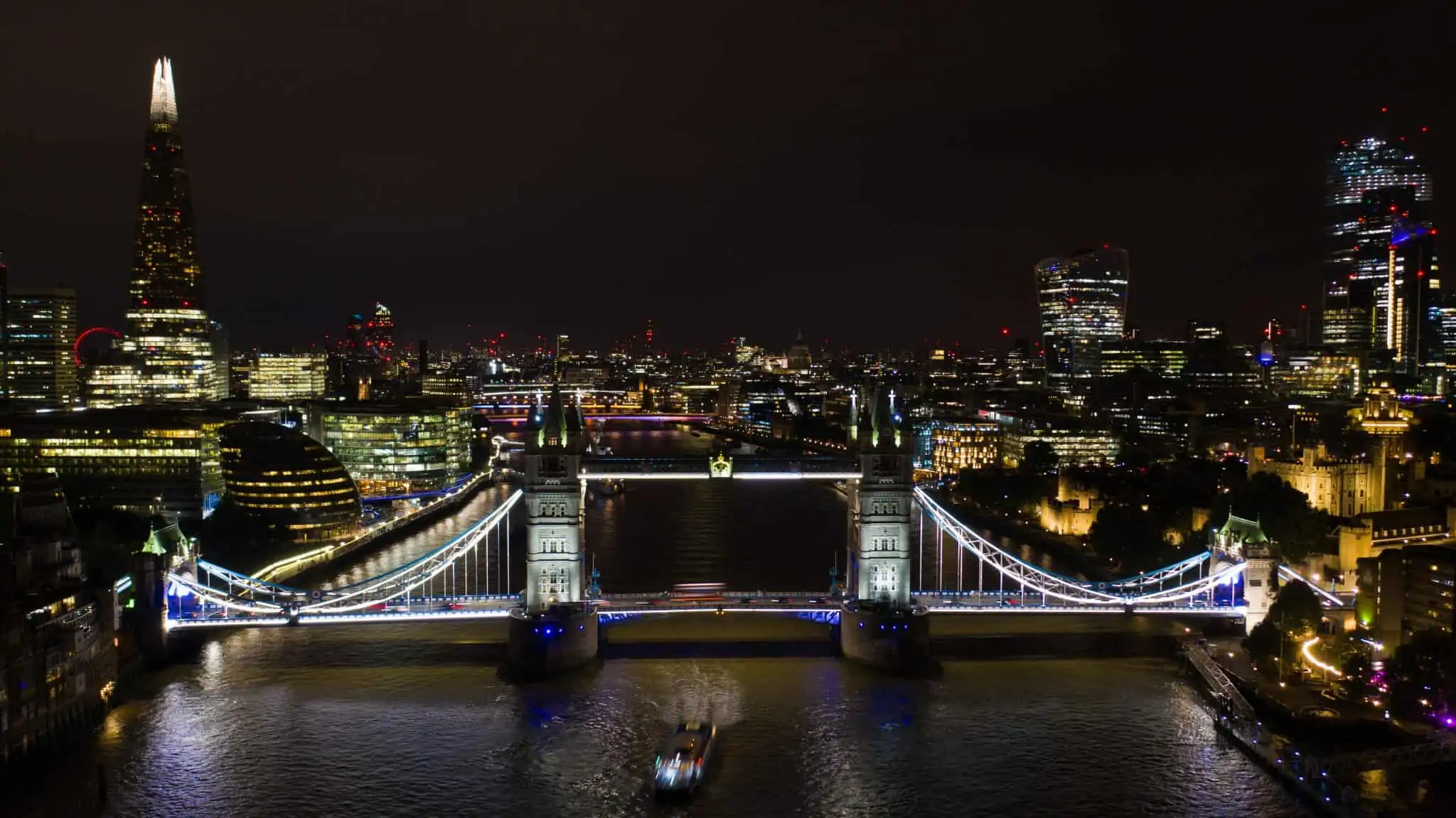
Ten things you should know about Drone Regulations
- 07.01.20
PhantomFlightSchool is here to help you every step of the way with your drone adventure
Drone Registration around the World
- The UK Registration process confirms two important points which are very good news for us drone pilots:
- It makes clear that the CAA agree with our long-held understanding that it is perfectly legal to take-off and land on any public footpath or bridleway, so long as there isn’t a byelaw in place that “trumps” this basic right. The best example of this byelaw point is the National Trust, who have the power to pass byelaws, and have done so to prevent taking off and landing anywhere on National Trust owned land. But note they can’t stop you flying your drone over their land, any more than anyone can stop you flying your drone over their land – the air above our heads belongs to all of us
- It also makes clear that the 50metre rule applies by “creating a dome” with a 50metre radius over anyone or anything that is not under your control. So by flying at a height of 50metre plus the height of the thing you are overflying, you can fly over other people, over roads, over houses and other buildings
- Drone registration was first proposed by the European Aviation Safety Agency (EASA) in June 2017, and was adopted by the European Parliament in June 2019. It is one part of a large body of new EU drone regulations that took effect from 1 January 2021 (see points 7 to 10 below). The CAA is committed to following EASA recommendations in order that UK and EU Aviation Laws remain the same. Hence the introduction of drone registration in the UK
- If you want to fly your drone in France, you must register your drone under the French drone registration scheme. Good news, the test can be done in English, the rules in France are very similar to those in the UK, and registering to fly in France is free.
- f you want to fly your drone anywhere in the EU, you will be obliged to register your drone in an EU country. The good news is that once you are registered in one EU country, you are clear for take-off in all EU countries
- If you want to fly in the USA, you will need to pay a $5 fee and register your drone with the FAA: https://www.faa.gov/uas/getting_started/register_drone/
- If you want to fly in Canada as a foreign national, you need to apply for a Special Flight Operations Certificate from Transport Canada. To obtain this, you need to prove your competence, which in practice means you must hold a UK PfCO, or you will need to complete the Canadian online 3 hour Basic Course. Email us if you would like more information, and our help in obtaining permission to fly in Canada
The PfCO is no more. Long Live the GVC
- On 1 January 2021, the Permission for Commercial Operations (PfCO) that you had to obtain in order to charge money for your drone work, ended. The European Aviation Safety Agency (EASA) says that there is no difference in the riskiness of a commercial flight, compared with a recreational flight. Flights will instead be rated as “safe” or “dangerous”. Safe flights, whether commercial or recreational, will be regulated in a similar way to recreational flights at the moment. In order to undertake a dangerous flight, and by dangerous EASA means “anywhere near people or property”, you will need to prove your competence to undertake such a flight. You can do this by completing a GVC (General Visual Line of Sight Certificate) Course. We run these monthly, with a mixture of Online Course Materials provided by our RAE Partners 3iC; Live Training on Zoom; and a day “in the field” to reinforce good flying habits and complete your invigilated Theory Test and Practical Flight Test
- The GVC syllabus is 90% the same as was the PfCO syllabus. Completing your GVC means you can fly your drone in the Specific Category, which gives you very similar rights to those enjoyed by PfCO Holders – the ability to fly a drone weighing more than 250grams in a Built-Up area for example. If you are interested in completing a GVC Course, give us a call on 01244 292 212, and we can talk you through the Pros and Cons.



